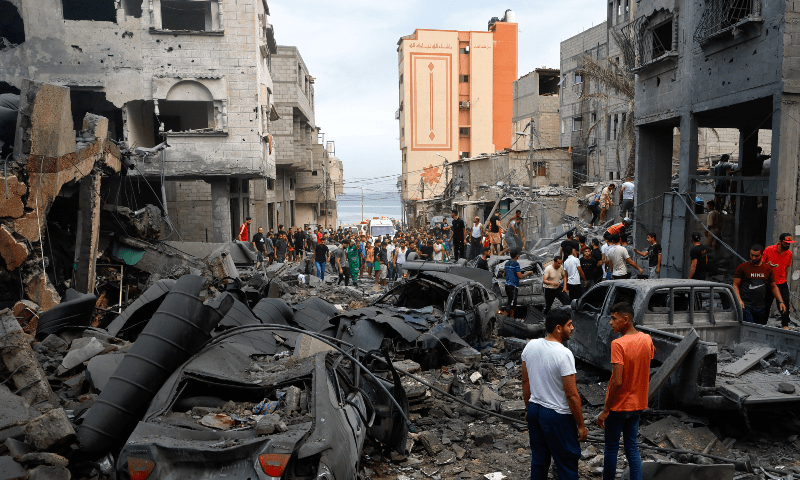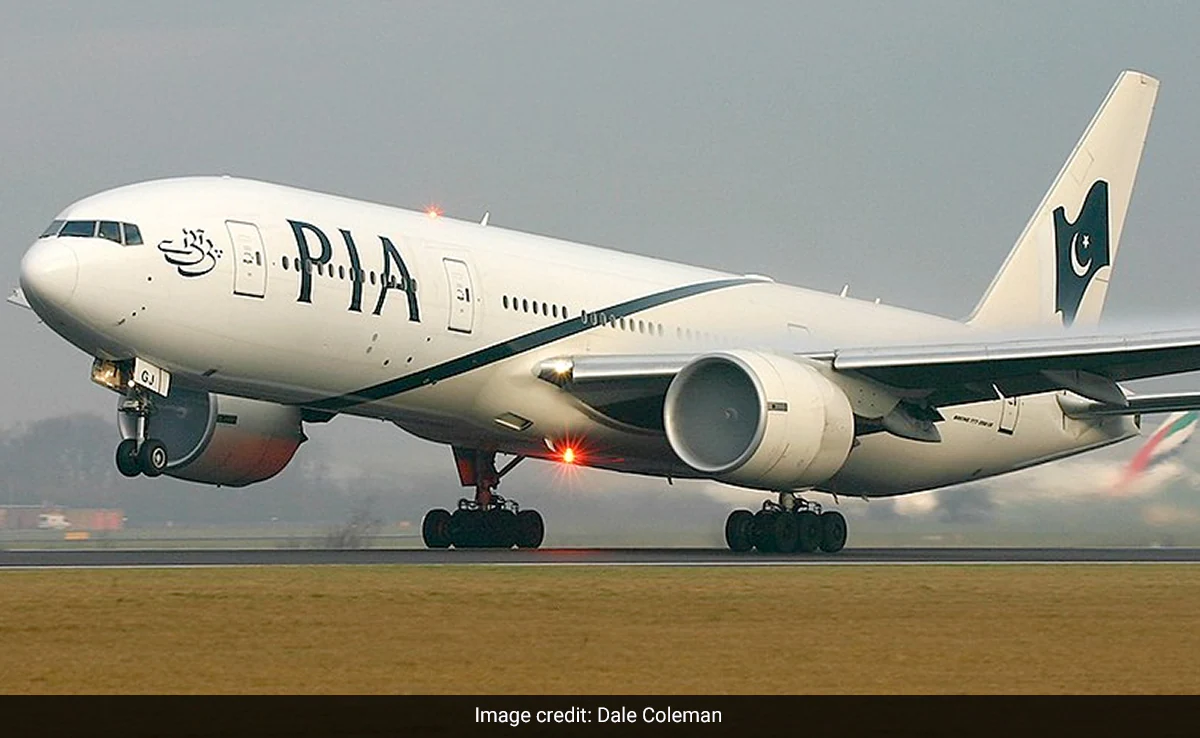
Escalating Conflict in Gaza Strip Displaces Over 123,000 People; Israel Continues Bombardment
The conflict between Palestinian fighters and Israel has led to a dire humanitarian crisis in the Gaza Strip, with more than 123,000 people forcibly displaced, according to the United Nations (UN). The UN’s humanitarian agency, OCHA, revealed this alarming figure on Monday, shedding light on the scale of the displacement crisis as violence continues to escalate.
The conflict took a devastating turn when fighters from the Hamas group launched a series of attacks on Israel, resulting in a tragic loss of 700 lives and the abduction of dozens. These attacks, which unfolded on Saturday, marked one of the deadliest incursions in the region since the Yom Kippur war, which occurred half a century ago. In response to these attacks, Israel initiated a military offensive, launching airstrikes on the Palestinian enclave of Gaza.
On Sunday, major US air carriers, including United Airlines, Delta Air Lines, and American Airlines, announced the suspension of their direct flights to Tel Aviv, further highlighting the ongoing security concerns in the region.
Hainan Airlines, the sole Chinese airline with direct routes between China and Israel, also took precautionary measures by canceling flights between Tel Aviv and Shanghai on Monday, citing the precarious security situation. They have indicated that future flight plans will be adjusted based on the evolving situation.
Cathay Pacific, in response to the circumstances, canceled its flight between Hong Kong and Tel Aviv scheduled for Tuesday and is expected to provide further updates regarding the next scheduled flight, anticipated to be on Thursday.
Korean Air has also faced disruptions, canceling its Monday flight connecting the port city of Incheon to Tel Aviv and expecting future flights to be irregular as it assesses the ongoing security situation.
As the situation continues to unfold, the humanitarian impact is severe, with Gaza housing 2.3 million Palestinians who have been subjected to a crippling Israeli blockade since Hamas took power in 2007. The health ministry in Gaza reported a grim toll, with at least 493 Palestinians killed and 2,751 wounded in airstrikes on the blockaded enclave since Saturday.
The conflict’s repercussions extend beyond the immediate humanitarian crisis, affecting global oil prices, which surged by more than $3 a barrel in Asian trade. The deepening political uncertainty across the Middle East and concerns about oil supplies from Iran have contributed to this increase in oil prices.
Iran, an ally of Hamas, congratulated the group on its attack but maintained that it was not directly involved in the attacks. Any sustained rally in oil prices has the potential to act as a tax on consumers and add to global inflationary pressures, which, in turn, can impact equity markets.
The conflict has not only disrupted travel but also raised geopolitical concerns, potentially undermining US-backed efforts to normalize relations between Israel and Saudi Arabia. This realignment has the potential to affect Palestinian aspirations for self-determination and exert pressure on Iran, Hamas’ alleged main supporter.
Amid appeals for restraint from various quarters, Western nations largely stood by Israel. The Palestinian foreign ministry denounced what it called a “barbarous campaign of death and destruction” by Israel.
The violence in the region poses significant challenges and uncertainties, with a critical need for humanitarian support, security, and diplomacy to address the ongoing crisis and find a path towards peace. The international community continues to closely monitor developments in this volatile region.
Thank you for entrusting us as your source of information. Together, we aim to shape a world where knowledge transcends borders and unites us all. Stay focused, stay informed, and let’s make our world a better place, one story at a time.



